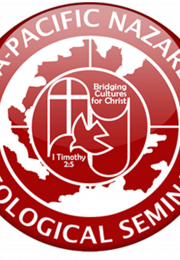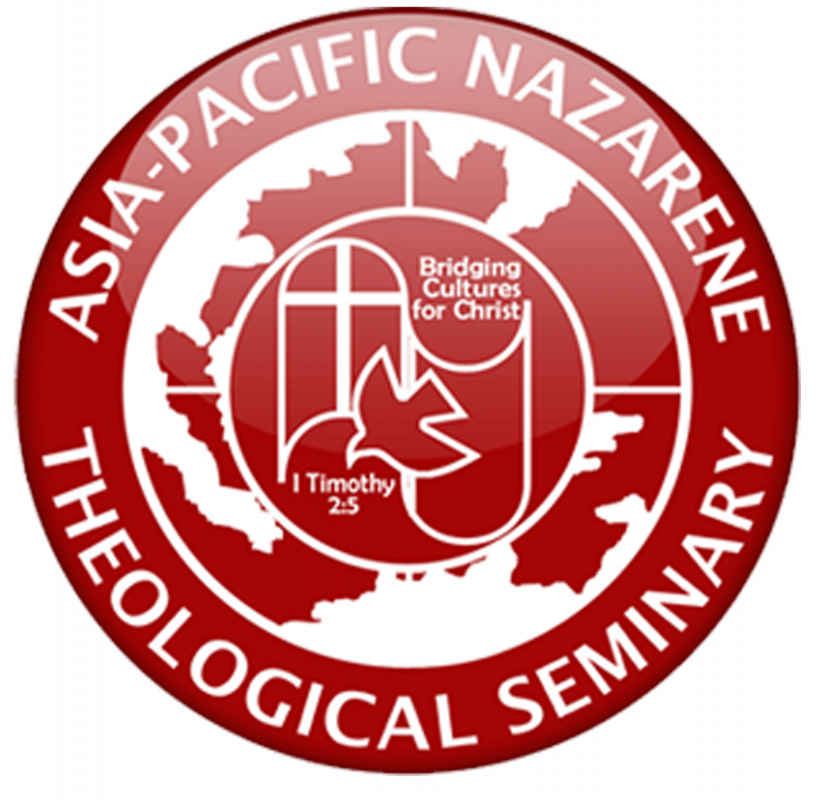- Resource Types
- Resource Languages
- Institutional Repository
 Visit the home page
Visit the home page
About Site Language
WHDL is viewable in multiple languages. Use the pull-down menu to select a language to view the site.
I changed my language, but I’m still seeing resources in the other languages?
If a resource or text has not been translated into your selected language, it will appear in the initially added language. We are always looking for help translating these resources. If you can help, contact us!
WHDL - 00017764


This study explores how local Pentecostal churches in Manila understand and carry out holistic mission, even during a global crisis like the COVID-19 pandemic. Using multimethod qualitative research, particularly multiple case study and the focus group discussions (FGD), it investigates who the Pentecostals identify themselves to be, what concepts influence their understanding of holistic mission, their practices of holistic mission and the outcomes, and how they deal with a global pandemic as they carry out their holistic mission. Each method has three sets of participants from Pentecostal churches that have been ministering for at least ten years. The three groups in the multiple case study are from Manila City, Pasig City, and Muntinlupa City. On the other hand, the three groups of pastors participating in the FGD are Pentecostal pastors from the Assembly of God, the Foursquare Church, and the City of Pasig Ministerial associations. There are forty-two participants in this research. The research shows that the participants’ perception of holistic mission revolves around the idea of the church attending to people’s spiritual and physical needs. With the Holy Spirit’s empowerment, they respond to the community’s immediate needs to demonstrate compassion and create opportunities to share the Gospel in proclamation and presence, bring people to church, and, eventually, plant new churches. Despite limitations in finances, these Pentecostals tend to mobilize resources within their faith communities to make ambag or contribution to furthering holistic mission. Yet, because the response to the community’s needs is often immediate, spontaneous, and unplanned, Pentecostals tend not to sustain some initiatives for the long term. These Pentecostals measure the effectiveness of holistic mission in terms of personal and family transformation. Thus, they wish for social transformation to happen but not as a direct outcome of their initiatives. When evaluating the different dimensions of a holistic mission framework, the study reveals that they can further their holistic mission by actualizing the church’s identity as an alternative center of power and a subversive and supportive counter-culture community addressing evils in the system and their causes. Also, these Pentecostals’ stand on social issues often stems from maintaining positive witness and advocating biblical convictions, yet they are cautious in allowing their members to run for public positions. Furthermore, despite the global pandemic, these Pentecostals seek ways to provide spiritual and physical support to their members and the community, mainly by providing basic needs and transitioning to mostly online ministries.
11 Resources
This collection contains the dissertations completed in partial fulfillment of the Degree PhD in Holistic Child Development, and PhD in Transformational Learning at Asia-Pacific Nazarene Theological Seminary in partnership with Asia Graduate School of Theology.
3 Resources
The collection is concentrated on resources on transformational development in contemporary Asian context, and beyond.
1899
2025
1909
1999
1900
1939